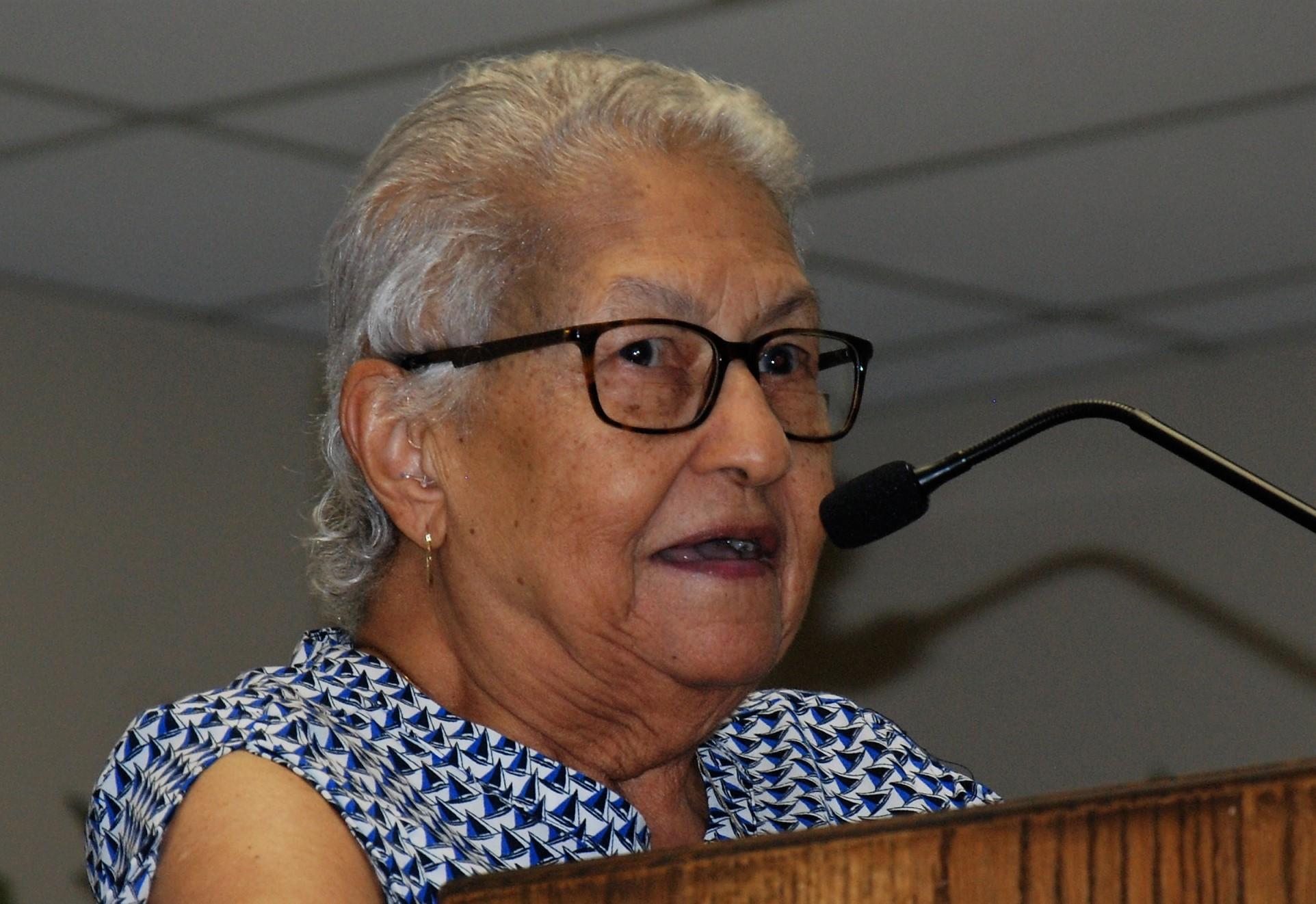
Kentuckians, including many union members, will march Wednesday in Frankfort in remembrance of Dr. Martin Luther King Jr., who was murdered April 4, 1968, in Memphis.
“The MLK Memorial March to Move” will travel along Capitol Avenue and conclude on the Capitol steps.
Dr. King returned to Memphis on April 3, 1968, to renew his stand in solidarity with striking African American sanitation workers who belonged to AFSCME Local 1733.
Dr. King saw the civil rights movement and the union movement as natural allies.
“As I have said many times, and believe with all my heart, the coalition that can have the greatest impact in the struggle for human dignity here in America is that of the Negro and the forces of labor, because their fortunes are so closely intertwined,” he said.
Dr. King warned that enemies of racial justice were also enemies of unions: “The labor-hater and labor-baiter is virtually always a twin-headed creature spewing anti-Negro epithets from one mouth and anti-labor propaganda from the other mouth.”
He denounced “right to work” laws as a scam: “In our glorious fight for civil rights, we must guard against being fooled by false slogans, such as ‘right to work.’ It is a law to rob us of our civil rights and job rights.
“Its purpose is to destroy labor unions and the freedom of collective bargaining by which unions have improved wages and working conditions of everyone.…Wherever these laws have been passed, wages are lower, job opportunities are fewer, and there are no civil rights. We do not intend to let them do this to us. We demand this fraud be stopped. Our weapon is our vote.”
Many union leaders have joined the struggle for equality and economic justice for all. Their numbers include residents of the Bluegrass State, among them Norbert Blume and Augusta Thomas of Louisville and W.C. Young of Paducah.
A Teamster, Blume, who died in 2011, served in the state House of Representatives from 1963 to 1978; he was speaker for the last six of those years. In 1964, he introduced legislation outlawing discrimination in public accommodations. Blume’s bill was a precursor to the Civil Rights Act of 1966, which Dr. King hailed as “the strongest and most comprehensive civil rights bill passed by a Southern state.”
Thomas, 85, is vice president for women and fair practices with the American Federation of Government Employees in Washington. In 1960, she journeyed from Louisville to Greensboro, N.C., to join the historic lunch-counter sit-ins. Angry whites spat on her and knocked her off a stool. Police arrested her twice.
A friend and schoolmate of Dr. King when she lived in Atlanta in her teens, Thomas joined him in Memphis 50 years ago. She heard his “I’ve Been to the Mountaintop” speech the night before he was killed. She was at the Lorraine Motel when he was assassinated and heard the shot that took his life.
A national labor and civil rights leader, Young, who died in 1996, spent most of his life in the union movement, retiring in 1987 as Chicago-based Region 10 director of the AFL-CIO’s Committee on Political Education. He said his wallet always included two cards—his union card and his NAACP card. The W.C. Young Award is the highest honor the Paducah-based Western Kentucky AFL-CIO Area Council bestows.
Like Young, Dr. King was a student of labor history. In 1965, the 30th anniversary of the landmark Wagner Act, he pointed out that when the 20th century turned, “women earned approximately 10 cents an hour, and men were fortunate to receive 20 cents an hour. The average workweek was 60 to 70 hours.”
He added, “During the ’30s, wages were a secondary issue; to have a job at all was the difference between the agony of starvation and a flicker of life. The nation, now so vigorous, reeled and tottered almost to total collapse. The labor movement was the principal force that transformed misery and despair into hope and progress.
“Out of its bold struggles, economic and social reform gave birth to unemployment insurance, old-age pensions, government relief for the destitute and, above all, new wage levels that meant not mere survival, but a tolerable life. The captains of industry did not lead this transformation; they resisted it until they were overcome. When in the ’30s the wave of union organization crested over our nation, it carried to secure shores not only itself but the whole society.”
Click here to listen to Kentucky State AFL-CIO President Bill Londrigan talk about Dr. King’s support for unions and what they do.
This post originally appeared at Kentucky State AFL-CIO.

